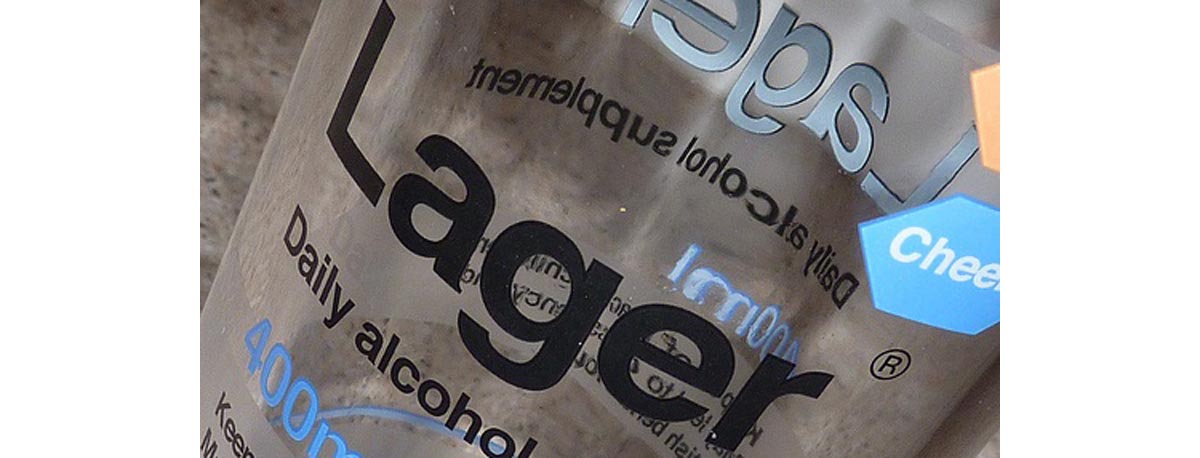Table of Contents
Just as there are persistent myths about drinking alcoholic beverages, there are also persistent myths about alcoholic intoxication and its after effects, collectively known as hangovers.

6. Alcohol added to food during the cooking process evaporates.
When wine or cooking sherry is added to a stew or soup that is cooked for hours, most of the alcohol indeed boils off. About 50 percent of the alcohol in wine added to a pasta or risotto, however, remains in the dish, as does almost all the alcohol in the rum added to a rum cake or in the cognac or liqueur used in a flambe. This is not a problem, however, unless the diner is an alcoholic or a child.
7. Coffee helps you get over a hangover.
Drinking strong coffee after drinking too much alcohol only trades one kind of intoxication for another, contrary to popular belief. Most people who drink heavily on a regular basis have some degree of liver damage. A study at the Bromley Hospital in the UK found that heavy drinkers take twice as long as moderate drinkers to come down from a "caffeine buzz." The heightened anxiety caused by caffeine stimulates the urge to drink again, perpetuating the cycle.
8. Energy drinks help you get over a hangover.
Many college students indulge in binge drinking, and then fortify themselves to get back to class or to work with energy drinks. For some students, this strategy actually works. A study published in the Journal of Nutrition, however, found that up to 29 percent of students who use energy drinks more than once a month experience a "jolt and crash" phenomenon that makes hangover symptoms even worse.
9. The better you can "hold your liquor," the less likely you are to have a hangover the next day.
Scientific research has found that the opposite is actually true. People who are relatively insensitive to the effects of alcohol, that is, who do not get drunk easily, tend to drink excessively and so are more likely to have hangovers. Makes sense, no?
10. Binge drinkers who do embarrassing things when they get drunk avoid getting drunk in the future.
Unfortunately, research finds, people whose actions have severely negative consequences when intoxicated usually don't resolve to do better in the future. They tend to do embarrassing things the next time they get drunk, too. Most binge drinkers overestimate the amount of alcohol they drank when they did something stupid or silly, and then drink the same amount of alcohol the next time they go on a binge.
- Mallett KA, Lee CM, Neighbors C, Larimer ME, Turrisi R. TM, Alley KJ, Slutske WS, Wood PK, Sher KJ, Shiffman S, Heath AC. Low sensitivity to alcohol relations with hangover occurrence. J Stud Alcohol. 2006 Mar. 67(2):269-76
- Mallett KA, Lee CM, Neighbors C, Larimer ME, Turrisi R. Do we learn from our mistakes? An examination of the impact of negative alcohol-related consequences on college students' drinking patterns and perceptions J Stud Alcohol Drugs. 2012 Nov. 73(6):925-32
- Photo courtesy of --christophe-- on Flickr: www.flickr.com/photos/--christophe--/6745233459
- Photo courtesy of lydiashiningbrightly on Flickr: www.flickr.com/photos/lydiashiningbrightly/5353251398


Your thoughts on this